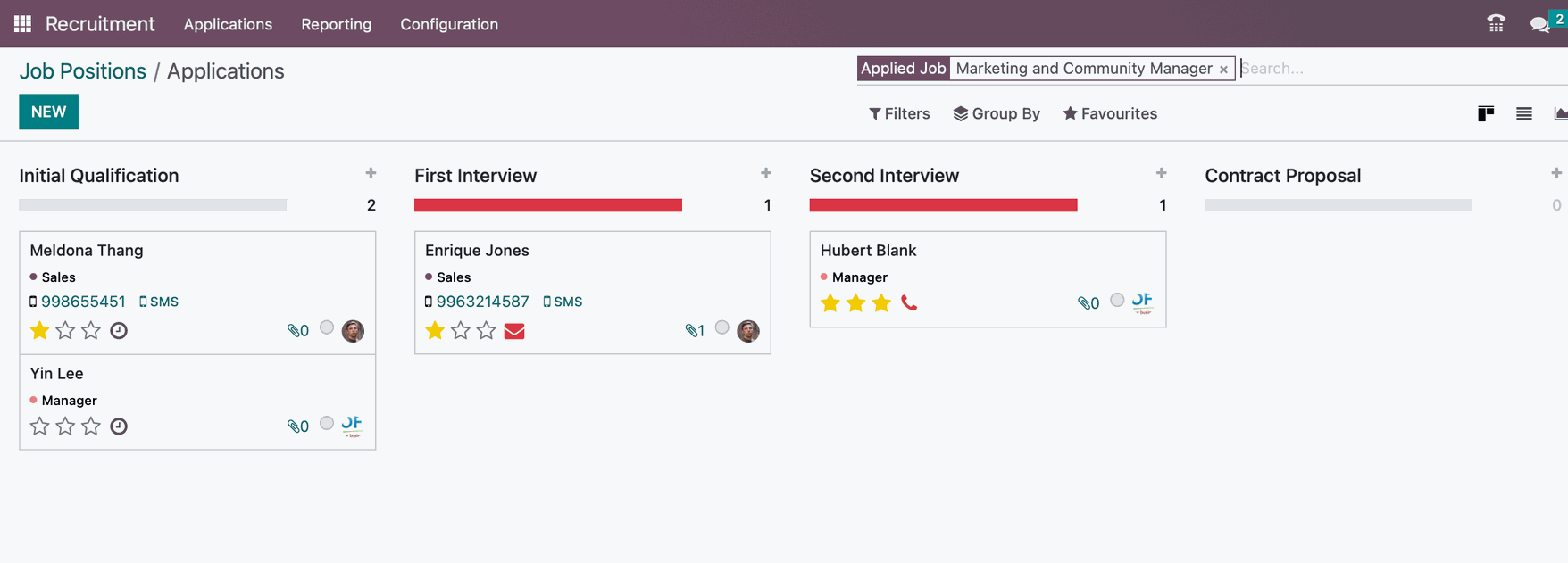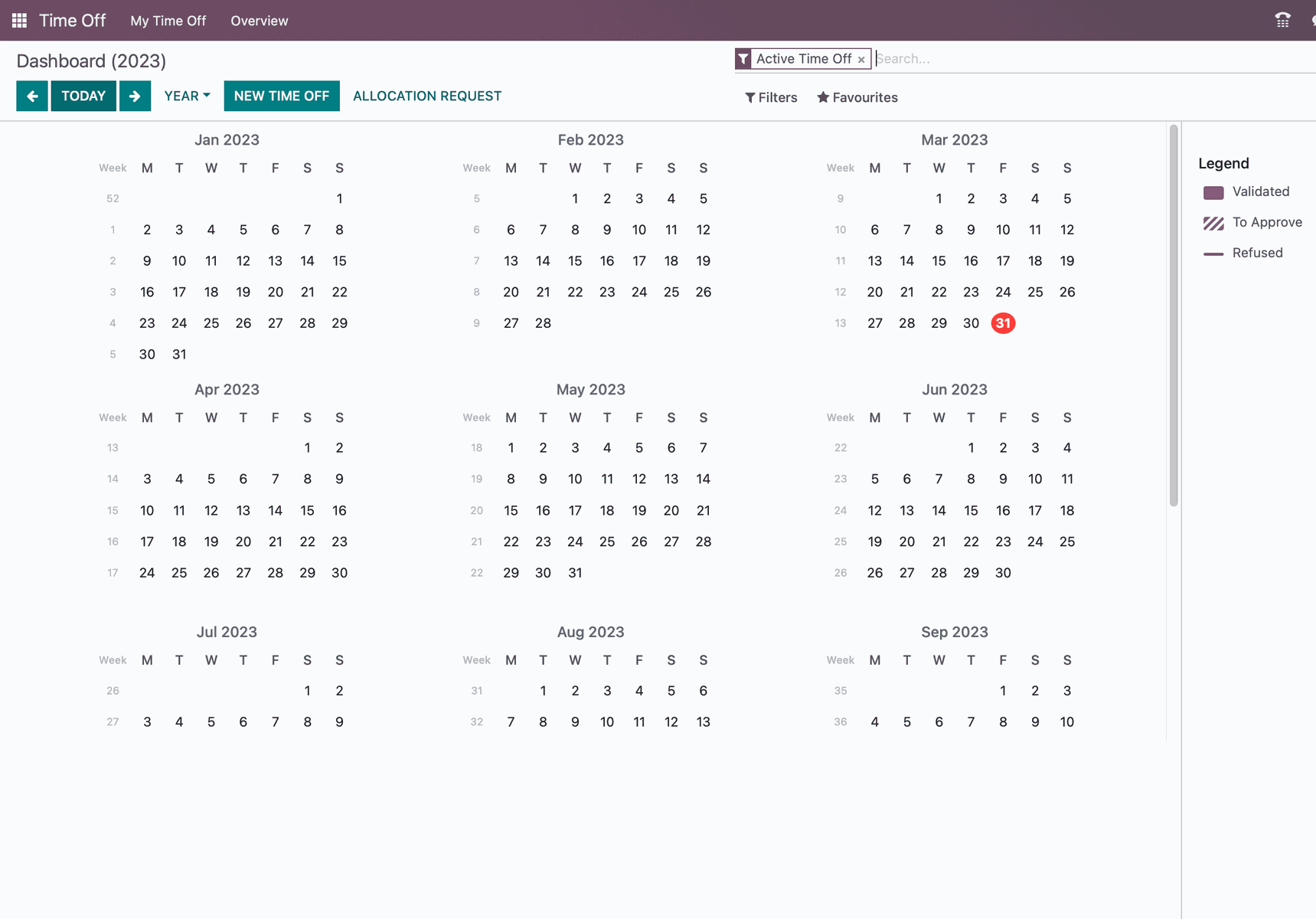In today's fast-paced business environment, mastering Human Resources Management Systems (HRMS) is essential for optimising workforce management and achieving organisational success.
These systems offer a streamlined approach to HR tasks, enabling businesses to focus on strategic initiatives and elevate employee experiences.
In this comprehensive guide, we delve into the world of HRMS, covering key functions, benefits, implementation strategies, and emerging trends that are shaping the future of HR management.
Understanding HR Management Systems
At its core, an HRMS is a sophisticated suite of software designed to manage a wide array of HR functions seamlessly.
From recruitment and onboarding to performance management and payroll processing, an effective HRMS simplifies complex processes, enhances data accuracy, and empowers data-driven decision-making. This translates to increased efficiency and a more engaged workforce.
Core Functions of HR Management Systems
Imagine a scenario where a rapidly growing organisation struggles to manage employee data across various departments and locations. An advanced HRMS like Odoo HR steps in, offering a centralised platform for all employee-related information.
This helps to streamline data management, eliminate duplication, and ensures consistent record-keeping.
Benefits of Implementing an Effective HRMS
Implementing a robust HRMS offers numerous benefits. It eliminates manual errors, reduces administrative burdens, improves compliance, and ultimately leads to higher employee satisfaction.
For instance, Odoo HR's intuitive interface and automation features alleviate HR personnel from repetitive tasks, allowing them to focus on strategic HR initiatives.
Here are some core benefits;
1. It Enhances Employee Self-Service through
Empowering employees with self-service options enhances engagement and productivity. Odoo HR's self-service portal allows employees to access their information, submit leave requests, and update personal details autonomously.
This feature streamlines HR processes and fosters a sense of ownership among employees.
2. Real-Time Tracking of Leave, Attendance, and Performance
With Odoo HR, monitoring employee attendance, leave requests, and performance is a breeze.
Real-time tracking provides supervisors and HR managers with instant insights, enabling timely interventions and informed decision-making.
3. It Boosts Productivity with Automated Workflows
Automation is the cornerstone of efficiency. Odoo HR automates repetitive tasks such as approvals, notifications, and reminders. This not only boosts productivity but also ensures consistency in processes across the organisation.
4. It helps with Automating Recruitment and Onboarding Processes

Recruitment and onboarding are made simpler and more effective with Odoo HR. The system automates job postings, applicant tracking, and even facilitates the onboarding of new hires. This reduces the time and effort spent on administrative tasks, allowing HR professionals to focus on creating a seamless onboarding experience.
5. Streamlining Performance Appraisals and Reviews
Odoo HR streamlines the process of performance appraisals and reviews. It provides tools for setting performance goals, collecting feedback, and conducting evaluations. This leads to more constructive conversations between employees and managers, fostering professional growth.
6. It Helps to Simplify Payroll and Compensation Management

Accurate payroll and compensation management are critical for employee satisfaction. Odoo HR's payroll module simplifies complex calculations, ensuring that employees are paid accurately and on time. It also facilitates the management of various compensation components, from bonuses to benefits.
7. Ensuring Data Security and Compliance
Data security and compliance are non-negotiable in today's regulatory landscape. Odoo HR employs robust security measures to protect sensitive employee information. It also supports compliance with regulations such as GDPR, safeguarding both the organisation and its workforce.
8. It helps Organisations Achieve GDPR and Data Privacy Compliance
With Odoo HR, organisations can navigate the intricacies of data privacy regulations such as GDPR. The system ensures that employee data is handled with care and transparency, building trust among employees and stakeholders.
9. Odoo HR Helps with Safeguarding HRMS Data Against Cyber Threats
In an era of increasing cyber threats, protecting employee data is paramount. Odoo HR employs cutting-edge security measures to defend against potential cyberattacks, providing peace of mind to HR professionals and employees alike.
Choosing the Right HR Management System for Your Business
Selecting the right HRMS requires a thoughtful approach. Factors to consider include scalability, customisation options, ease of integration, and long-term vendor support.
Odoo HR stands out due to its modular adaptability to diverse business needs, and its track record in transforming HR operations.
In the quest to find the perfect HRMS, evaluating features becomes crucial. A system that caters to your specific needs is paramount.
For instance, if your organisation operates globally, having multilingual support, a feature offered by Odoo HR, ensures seamless communication across language barriers.
Cloud-Based vs. On-Premises HRMS: Making the Right Choice
The choice between cloud-based and on-premises HRMS hinges on factors such as data security, accessibility, and cost-effectiveness.
Cloud-based solutions like Odoo HR Cloud provide flexibility, allowing your HR team to access data and manage tasks remotely without compromising security.
Implementing HRMS: Step-by-Step Integration Process
The implementation of an HRMS requires meticulous planning and execution. A well-defined integration process involves preparing the organisation, migrating data, and training employees.
Odoo HR offers comprehensive support throughout this journey, ensuring a smooth transition to the new system.
Preparing Your Organisation for HRMS Implementation
To ensure a successful implementation, your organisation needs to be prepared for the change.
Odoo HR's communication tools assist in creating awareness among employees about the upcoming HRMS, its benefits, and the positive impact it will have on their daily work lives.
Ensuring a Smooth Data Migration to the New System
Data migration can be a challenging phase. However, with Odoo HR's data import tools and migration support, the process becomes streamlined, preserving historical data accurately in the new system.
Training Employees for Optimal Utilisation of the HRMS
The effectiveness of an HRMS relies on how well employees can utilise its features. Odoo HR's user-friendly interface and training resources make the transition easy, ensuring employees can harness the system's full potential.
Measuring Success: Analytics and Reporting with HRMS
Leveraging HR Analytics for Informed Decision-Making
Odoo HR's analytics capabilities offer valuable insights into workforce trends and performance metrics. By analysing this data, HR professionals and management can make informed decisions, leading to more effective strategies and initiatives.
Generating Customised Reports for Management Insights
Customisable reports are a powerful tool for managers. Odoo HR enables the creation of tailored reports that provide real-time insights into key HR metrics. This aids in resource allocation, performance evaluation, and strategic planning.
Tracking Key HR Metrics for Continuous Improvement
By tracking essential HR metrics like turnover rates, training effectiveness, and employee satisfaction, organisations can continuously refine their HR practices. Odoo HR facilitates this by offering easy access to relevant data.
Staying Ahead: Trends in HR Management Systems
1. AI and Machine Learning Integration in HRMS
The future of HRMS is intertwined with AI and machine learning. These technologies, integrated into systems like Odoo HR, provide predictive insights and automate decision-making processes, enabling HR professionals to anticipate workforce needs more accurately.
2. Mobile-Friendly HRMS: Accessibility and Convenience
Mobile-friendly HRMS interfaces, exemplified by Odoo HR's responsive design, enable employees and managers to access information and perform tasks on the go. This accessibility enhances convenience and responsiveness.
Predictive Analytics and Future HRMS Developments
As HRMS evolves, predictive analytics will play an increasingly vital role. This technology forecasts trends, helping organisations plan for future workforce demands.
Odoo HR is at the forefront of such developments, enabling organisations to stay agile.
Final Takeaway
Mastering Human Resources Management Systems is essential for modern businesses aiming to optimise their workforce management practices.
While various HRMS solutions exist, choosing the right one can transform HR operations and elevate organisational success.
Odoo HR stands as an example of a comprehensive system that streamlines HR tasks, empowers employees, and drives data-driven decisions.
By harnessing the capabilities of HRMS, businesses can unlock their full potential, staying ahead of evolving HR trends and creating an environment that fosters both employee and organisational growth.
Click here to implement and master Human Resources Management Systems (HRMS).

Mastering Human Resources Management Systems (HRMS): A Comprehensive Guide